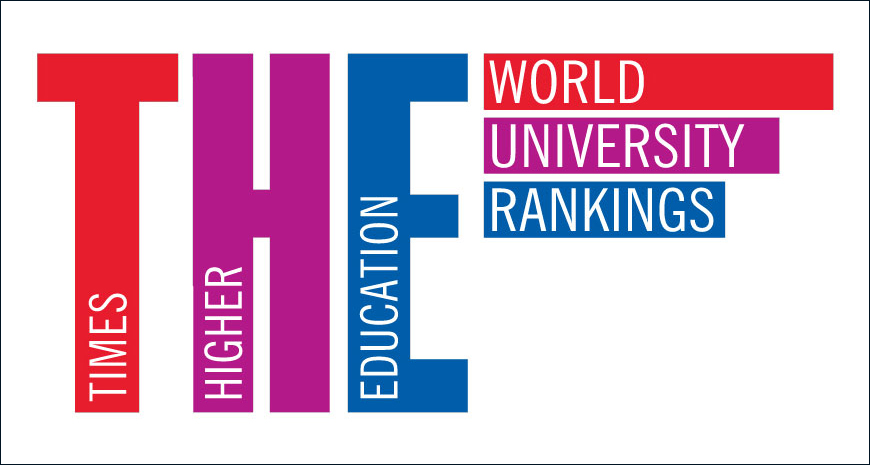Effective Development Strategy Helps HSE Climb in THE World University Ranking

HSE has once again climbed the THE World University Ranking and entered the 301 – 350 range, taking 3rd place in Russia after MSU (199) and MIPT (251-300). HSE first appeared in this ranking two years ago and every subsequent year the university has consistently improved its standing.
The THE ranking places a particular emphasis on the research potential of universities: indicators that assess academic achievements account for more than 70% of the ranking.
A total of 35 Russian universities appeared on the ranking, with 18 of them being participants in the Russian Academic Excellence Project 5-100.
‘A number of universities that are leaders in Project 5-100 have demonstrated significant success on the Times Higher Education World University Rankings, improving across most indicators. MIPT retained its leading position in the 251 – 300 group, and HSE has risen in the ranking, moving from the 351- 400 range to no. 350 of the world's top universities. Now, after some time has passed, the positive effect of Project 5-100 is quite noticeable,’ commented Phil Baty, THE Editorial Director.
Not all Russian universities manage to maintain their positions on the ranking. One of its most complex indicators is the normalized weighted average of citations, which represents a significant share of the overall ranking (30%). When an institution’s total number of publications is insufficient, the indicator becomes unstable; its fluctuations can result in a university losing up to 200 positions.
The success of HSE comes down to several factors. Since 2009, HSE has implemented a development strategy aimed at introducing various academic incentives and attracting the most productive academics to the university. Currently, HSE has an international recruitment system, which extends its rigorous hiring standards to the national academic market as well. For instance, up to 30 international specialists are hired annually for teaching and research positions and up to 60 international and Russian specialists join HSE as postdocs every year. Furthermore, HSE currently employs more than 320 experts with an international PhD who account for 11% of the university's faculty. There is also a programme of academic allowances for publications in high-ranking journals. This project helps the university develop in terms of its bibliometric indicators. For example, from 2010 to 2017, the total annual number of publications in Scopus increased by almost 20 times (more than 2,000 publications). A similar increase has been observed in terms of the total number of citations, which, in turn, has had a positive impact on the research reputation indicator.
The THE Ranking, along with other world rankings, takes into account publications over a period of five years, so the accumulated potential has already started to produce visible results only during the last three years.
Another area of strategic development for HSE is internationalization. It is rather difficult for a young university not only to form a strategy for attracting foreign students, but also to build its academic reputation on the global educational market.
With the first indicator, HSE is making great strides: it offers programmes in foreign languages, implements about 50 double-degree programmes with international universities, and encourages students to improve their foreign language proficiency. This, in turn, has allowed HSE to boost international admissions by 1.5 times annually.
Building its global academic reputation is a daunting task for a young university. Nevertheless, HSE has successfully coped with this challenge. On a daily basis, the university holds up to six international seminars and conferences with the participation of its global partners. Moreover, HSE researchers actively collaborate with their international counterparts and carry out joint research projects. This bears fruit as HSE strengthens its position both on subject and institutional rankings.
At present, HSE appears in the Top-100 of ARWU Ranking for Sociology and Mathematics, as well as the Top-100 of the QS World University Ranking for Social Sciences, Sociology, Political Science and International Relations.
The ranking’s methodology features a two-tier structure. The performance indicators are grouped into five areas: Teaching (30%), Research (30%), Citations (30%), International Outlook (7.5%), and Industry Income (2.5%). Each group, in turn, consists of several second tier indicators. In total, there are 13 indicators in five groups. The calculation of all indicators is based on data collected from three sources: surveys of international experts, the bibliometric database of Scopus, and data provided by universities themselves.

